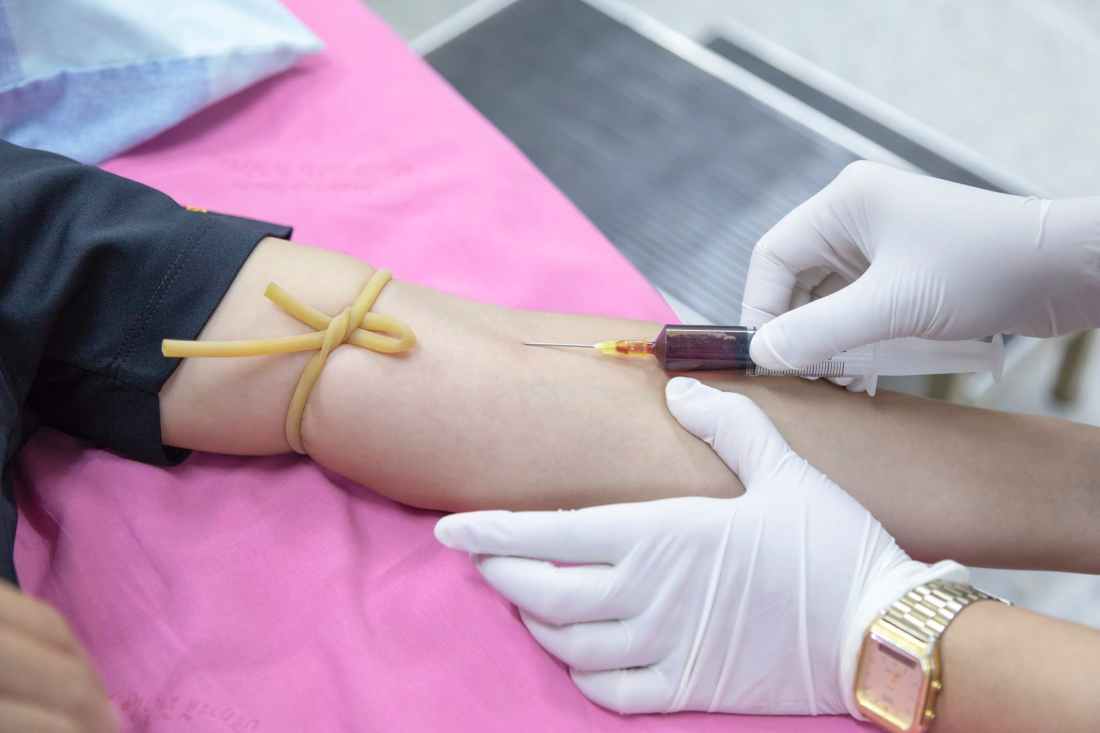
A phlebotomy technician, also referred to as a phlebotomist at times, is an allied healthcare specialist whose primary responsibilities include blood withdrawal, specimen collection and finger sticks. Phlebotomy technicians have received occupational training to ensure they have the knowledge and psychomotor skills to draw blood and obtain specimens from patients with a certain degree of accuracy.
Phlebotomy technicians are immensely important members of the healthcare team because without their hands-on procedural skills, many physicians and other types of healthcare providers would not be able to accurately diagnose and treat their patients in a timely manner. The main duty of the phlebotomy technician is to obtain patients’ blood specimens by way of venipuncture and micro techniques.
In the healthcare field, venipuncture is a term that refers to the puncture of a vein, usually to withdraw a sample of blood for testing purposes. Phlebotomy technicians perform venipuncture on a routine basis to draw blood from patients. Phlebotomy technicians also obtain blood specimens by way of micro techniques such as sticking patients’ fingers with lancet devices and using pipettes.
Since phlebotomy involves extensive contact with people, phlebotomy technicians must be comfortable interacting with patients, coworkers, vendors and other individuals. The role of a phlebotomy technician requires effective communication skills as well as the ability to establish rapport and trust with patients. Phlebotomy technicians regularly interview patients prior to drawing their blood. They might also answer phone calls.
The healthcare specialty of phlebotomy has grown by leaps and bounds over the past few decades. Thus, the role of the phlebotomy technician has also grown to include an array of tasks that are clerical in nature such as light data entry, verification of patients’ personal health information, creating labels, filling in information on handwritten requisition forms, obtaining signatures, sending faxes, scanning documents and reordering supplies.
Depending on the place of employment, some phlebotomy technicians must also perform duties that involve financial matters. Some of these duties may include gathering info on health insurance payer sources, collecting payments in exchange for rendered services, printing receipts, notifying patients of their exact co-payment and/or coinsurance amounts, and making copies of documents such as insurance cards.
Phlebotomy technicians are employed mostly in workplaces such as acute care hospitals, medical and diagnostic laboratories, blood bank donor collection centers, clinics, and physicians’ offices. After accruing several years of experience, some phlebotomists secure employment as phlebotomy instructors at vocational schools, community colleges and private for-profit academies. Most employers seek phlebotomists who have attained professional certification.
Patient safety is of the essence, so phlebotomy technicians must strictly adhere to all safety precautions in order to prevent the transmission of infectious diseases such as hepatitis C, AIDS, and so forth. Since quality assurance, safety and accuracy must be upheld in the healthcare specialty of phlebotomy, stringent professional behavior requirements and standards of practice exist for phlebotomy technicians.
Persons interested in entering the field must have a high school diploma or G.E.D. before completing a vocational training program in phlebotomy that leads to a postsecondary certificate or diploma. Phlebotomy training programs are offered at many types of postsecondary institutions such as community colleges, state universities, vocational schools, and private for-profit academies. These programs vary in length, but most are only a few months long.
Since the majority of employers prefer to hire phlebotomists who have professional certification, many entities will certify the phlebotomy technician’s body of knowledge. The National Healthcareer Association, the American Society for Clinical Pathology, the National Phlebotomy Association, the Association of Phlebotomy Technicians, and the American Medical Certification Association are five entities that offer professional certification to phlebotomy technicians.
Phlebotomy technicians are in high demand for the near future. Job openings have increased noticeably because many healthcare workplaces need to hire phlebotomy technicians for all three shifts to ensure 24-hour staffing coverage. Employment of phlebotomy technicians is projected to increase by 27 percent through the year 2022, much faster than the average for all occupations.
